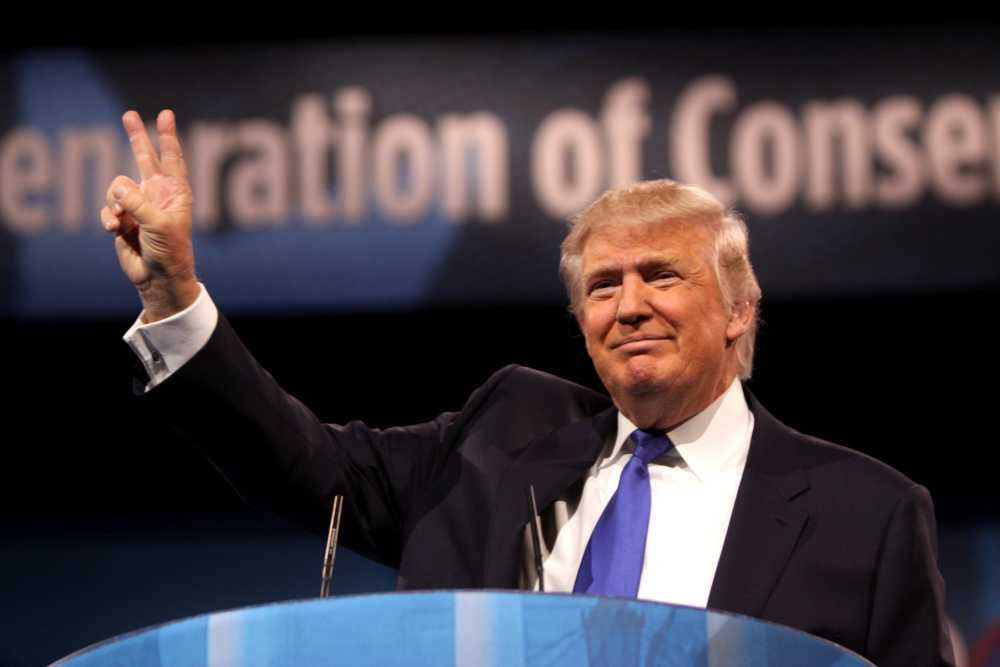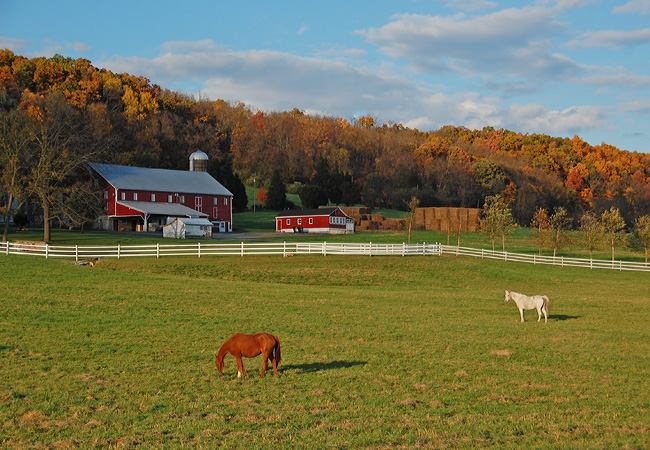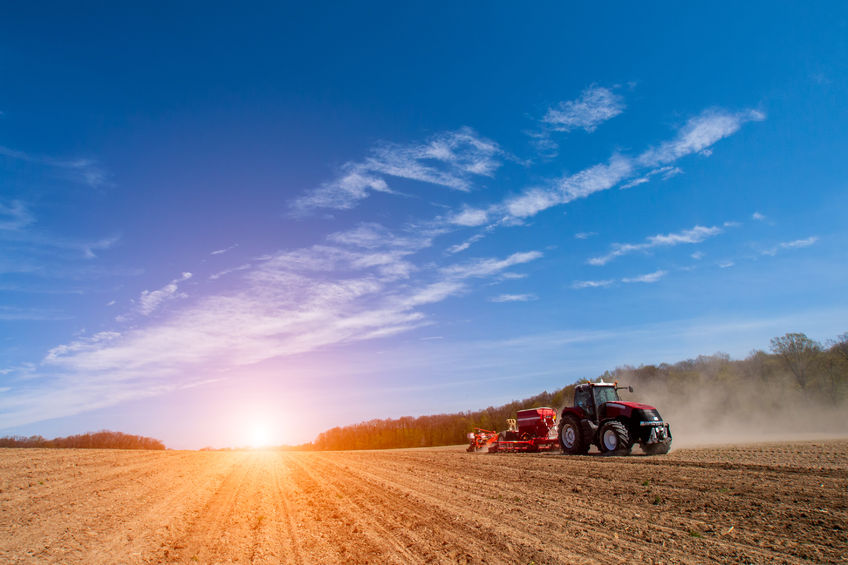
With the new President of the US now decided, what does a Donald Trump win mean for the world agricultural market and the knock-on effects for trade with the UK?
The rural vote in America is one of the key principle catalysts which helped secure a Trump victory, battleground states like Ohio, North Carolina and Pennsylvania - large rural areas - helped catapult his campaign to victory.
Mr Trump accused Hillary Clinton of wanting to ‘shut down family farms just like the mines and the steelworks’, at a rally in Iowa a few months ago. It is evident that Trump has a large farmer backing, an example is shown in this Facebook fan page 'Farmers for Trump'.

So far, the market reaction to the election of Mr Trump has been mixed. A few hours after Trump's declaration, markets seemed to have covered much of what was initially lost, but they will be nervous to see how committed he is to steering America in the direction he has indicated during his presidential campaign.
Over the longer term, if the dollar continues to weaken further it could provide a boost for US agriculture as it makes exports more attractive abroad and imports more expensive.
The UK could be benefited from a scrapped TPP

Trump is a noted critic of several current and proposed trade agreements, including the Transpacific Trade Partnership (TPP). And in a news briefing on Wednesday, U.S. Senate Majority Leader Mitch McConnell said: “It's certainly not going to be brought up this year."
One potential beneficiary of the scrapped trade deal talks is the UK, after its exit from EU membership. It opens the door for the UK to negotiate its own bilateral trade deal with the US. Therefore giving the UK access to the largest meat and dairy producer in the world, while providing the US access to the most advanced and sophisticated grocery market in the world.
But American farmers seem to want TPP to go forward. “TPP is the one thing Congress can do right now to increase farm income, generate economic activity, and promote job growth,” according to National Corn Growers Association president and Texas farmer Wesley Spurlock. “Campaign rhetoric has set America's trade agenda back years. Let's take a big step back in the right direction and pass TPP.”
Other commodity groups, including the American Soybean Association, agreed with that sentiment.
“Farmers support the improved access to foreign markets through TPP, and welcome the potential for expanded soybean exports in the forms of oil and feed,” says ASA president and Delaware farmer Richard Wilkins. “Overall, TPP has the power to create jobs at home, boost the farm economy and explore foreign markets.”
He is pro-agriculture
Mr Trump has said he would reverse the industrial decline in America by erecting tariffs on imports and tearing up free trade agreements, he is certainly more inward-looking than past Presidencies.
Farming under Trump is likely to continue on a track of high-volume, low-cost commodity production, relying heavily on exports. He has said that he will reduce the power of government bureaucrats and increase the freedom of farmers to be as productive as possible.
But his anti-immigration rhetoric could prove to be damaging to the heavily-reliant migrant labour force of American agriculture, having led a campaign strongly against immigrants, most famously his wish to build a wall at the southern border with Mexico.
He does not support labelling foods made with GMOs. It also looks likely that he won’t be initiating any other restrictions on the use of biotechnology in agriculture.
He plans to lower the tax rate on family farms down to 15%, he wants to protect the Renewable Fuel Standard and he wants to eliminate the EPA (Environmental Protection Agency). That would mean it looks unlikely he would do anything to support organic agriculture, and means loose restrictions on the use of agrichemicals.
Special relationship must go on
All of this paves the way for a very pro-farmer environment for US agriculture.
But the reality of the matter is, not many people really know what Mr Trump will do, compared to what has been said on the campaign trail.
Nevertheless, Prime Minister Theresa May congratulated the new president. "Britain and the United States have an enduring and special relationship based on the values of freedom, democracy and enterprise. We are, and will remain, strong and close partners on trade, security and defence.
"I look forward to working with President-elect Donald Trump, building on these ties to ensure the security and prosperity of our nations in the years ahead."
